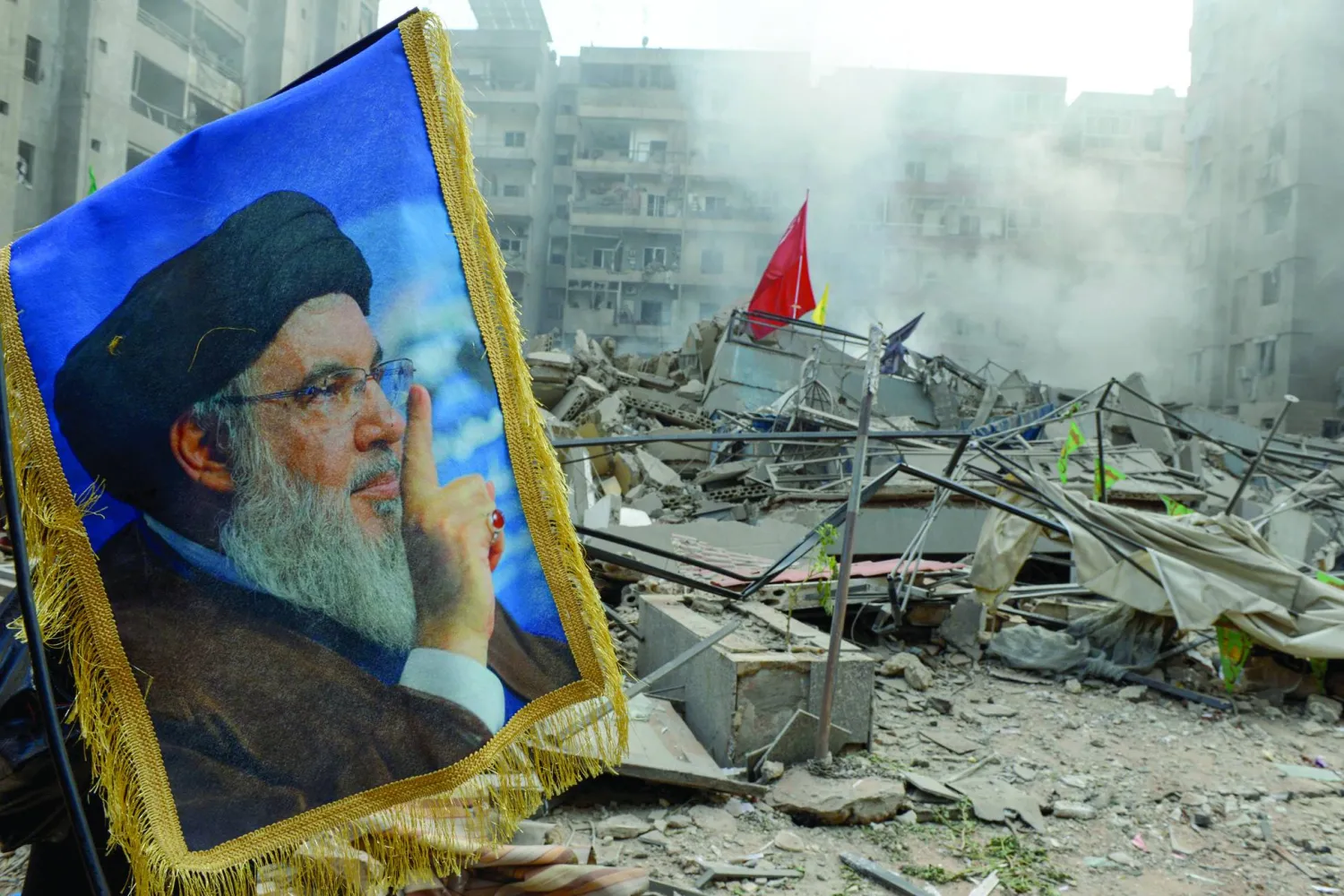Foreign forces ignored a deadline to pull out of Libya as scheduled Saturday under a UN-backed ceasefire deal, highlighting the fragility of peace efforts after a decade of conflict.
Satellite images broadcast by CNN show a trench running tens of kilometres (miles) dug by "Russian mercenaries" near the frontline coastal city of Sirte, as Ankara and Moscow appear intent on defending their interests under any final settlement.
An unidentified US intelligence official, quoted by the American news network, said there was "no intent or movement by either Turkish or Russian forces to abide by the UN-brokered agreement".
"This has the potential to derail an already fragile peace process and ceasefire. It will be a really difficult year ahead," he said, AFP reported.
UN Secretary-General Antonio Guterres on Monday urged all "regional and international actors to respect the provisions" of the October 23 ceasefire accord that set out a withdrawal within three months of all foreign troops and mercenaries.
That deadline passed on Saturday, with no movement announced or observed on the ground.
The UN estimates there are still some 20,000 foreign troops and mercenaries in Libya helping the warring factions, the UN-recognized Government of National Accord in Tripoli and Libyan National Army (LNA) commander Khalifa Haftar in the east.
Guterres called on all parties to implement the terms of the ceasefire "without delay," something he noted "includes ensuring the departure of all foreign fighters and mercenaries from Libya, and the full and unconditional respect of the Security Council arms embargo," which has been in place since the 2011 NATO-backed uprising that ousted and killed longtime ruler Moamer Kadhafi.
Any withdrawal or end to foreign interference "does not depend on the Libyans but on the outside powers", said Khaled al-Montasser, professor of international relations at Tripoli University.
Turkey on Friday welcomed a deal reached at UN-backed talks for Libya's warring factions to set up an interim executive to rule the North African country until polls in December.
Turkey has backed the GNA with military advisers, materiel and mercenaries, repelling an advance on Tripoli by Haftar's forces, and it also has a military base in Al-Watiya on the border with Tunisia under a 2019 military accord.
Last December, parliament in Ankara extended by 18 months its authorization for Turkey's troop deployment in Libya, in apparent disregard of the ceasefire deal.
"The mercenaries are unlikely to leave Libya so long as the countries which have engaged them have not guaranteed their interests in the new transitional phase," said Montasser, referring to the multiple tracks of UN-sponsored talks currently underway.
"Their presence keeps alive the threat of military confrontation at any moment, while the current calm staying in place seems uncertain," he said.
Most of the foreign forces are concentrated around Sirte, at Al-Jufra air base held by Haftar's forces 500 kilometres (300 miles) south of Tripoli and further west in Al-Watiya.
"The context of the presence of mercenaries and foreign fighters is not the same in the east and the west," said Jalal al-Fitouri, another university professor in the capital.
"The extension of the Turkish presence shows that Ankara doesn't intend to leave," he said, whereas the "terms of the contract" between Haftar and Russian mercenaries remain unknown.
Moscow denies any link to the mercenaries, but UN experts last May confirmed the presence of fighters of the Wagner group, allegedly close to Russian President Vladimir Putin.









